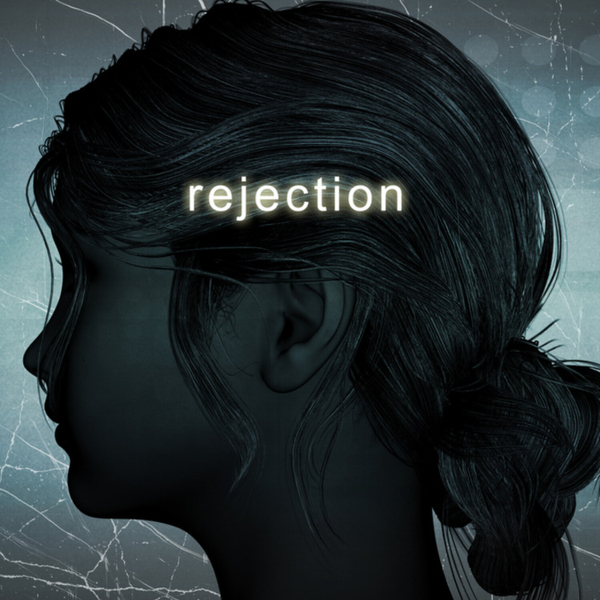
Why Does Rejection Hurt So Much?
Rejection hurts. That's a fact that's been proven scientifically as well as by our individual experiences. It negatively impacts our well-being and inflicts emotional pain. However, why does rejection hurt so much? Researchers have pondered these same questions, and we have our answers.
Rejection played an essential purpose in our evolution.
In our past, when we were all hunters and gatherers, being rejected by our village was truly a death sentence. This is because no one could survive alone for long. Psychologists believe that our brains developed a warning system to alert us when we risk being ostracized. Getting our attention was so important that this warning system had to be as painful as possible so we could correct our behaviors and be allowed to remain in the tribe.
We relive and experience social rejection just as we experience physical pain.
Researchers at UCLA noticed that physical pain and social pain (the pain of being rejected) are felt in the same parts of our brains. This means that our brains cannot differentiate between physical pains ( say, a broken arm) and the pain of being rejected.
This is the reason why a break-up can leave you feeling broken, just like with most physical injuries. Our brains prioritize the pain of rejection because being ostracized from the "tribe" was akin to a death sentence.
Being rejected destabilizes our "desire to belong."
Humans are social animals, and we fundamentally need to belong to a tribe. Rejection destabilizes that need, and this adds to the pain we feel. Research has proven that being in a group or reconnecting with people that love and value us soothes physical pains and makes us feel happy.
It unleashes our insecurities.
Most times, the pains' rejection leads to are much more than that of being rejected. We often take rejection to mean we're unlovable, unworthy, or undeserving. Rejection awakens all our doubts and insecurities about how we assume we are viewed by others, especially the person who rejected us.
So, while being rejected alone can be especially painful, these self-doubts and uncertainty about the reason we were rejected in the first place can put these insecurities in our minds. These might lead to self-loathing, low self-esteem, and other really serious psychological concerns. This is especially true with emotional rejections, where most people might consider having a certain body shape or attribute as the reason for being rejected.
This leaves people feeling as if they aren't worthy of being accepted rather than accepting that the person might have rejected them for an entirely different reason. While the rejection itself would hurt, these self-doubts and suspicions will leave you feeling even more pain.
Mental Health Training
More information in https://mentalhealthtraining.info/